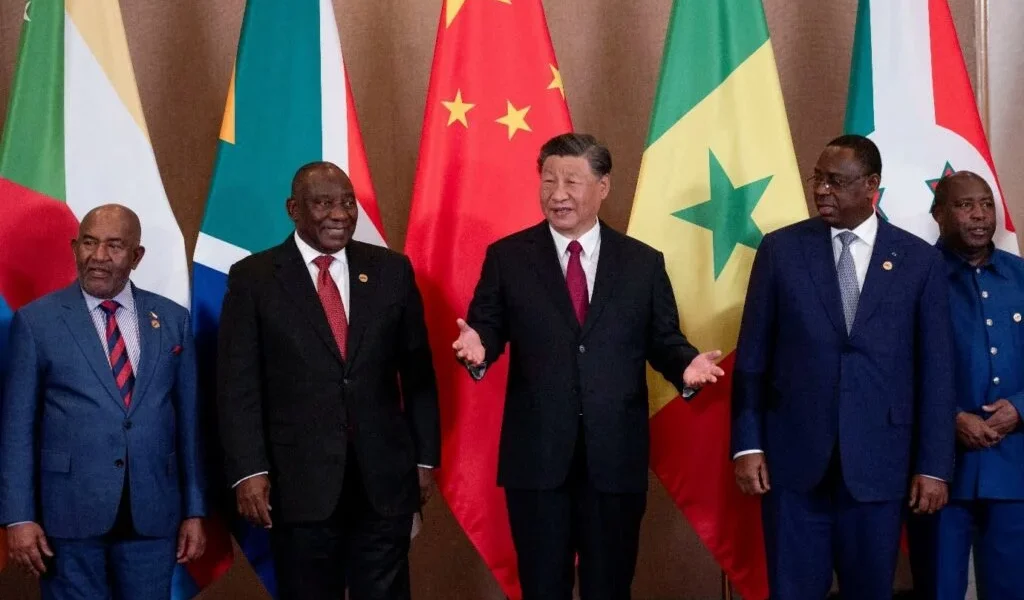
CHINA’S flagship economic cooperation programme is experiencing a resurgence after a pandemic-induced slowdown, with a significant focus on Africa, according to a Reuters analysis of lending, investment, and trade data. Chinese leaders emphasise billions of dollars committed to new construction projects and record two-way trade as evidence of their commitment to Africa’s modernisation and fostering ‘win-win’ cooperation.
However, the data reveals a more nuanced relationship. While new Chinese investment in Africa increased by 114 percent last year, it remains heavily focused on minerals essential to the global energy transition and China’s own economic revival. These minerals and oil dominate trade, and the continent’s trade deficit with China has grown as efforts to boost other imports, including agricultural products and manufactured goods, have faltered.
Chinese sovereign lending, once a major source of financing for Africa’s infrastructure, is at its lowest level in two decades. Public-private partnerships (PPPs), which China promotes as its preferred investment vehicle, have yet to gain traction in Africa. This has resulted in a relationship that some analysts argue resembles colonial-era economic dynamics, dominated by the extraction of raw materials.
‘Africa has the right, capacity, and wisdom to develop its external relations and choose its partners,’ China’s foreign ministry told Reuters, asserting that their support for Africa’s modernisation is welcomed by many African countries.
China’s engagement in Africa, a central aspect of the Belt and Road Initiative (BRI), grew rapidly before the Covid-19 pandemic, peaking at $28.4bn in 2016. But many projects proved unprofitable, leading to a cut in lending. Policymakers in Beijing are now pushing Chinese companies to take equity stakes in the infrastructure they build for foreign governments, aiming to ensure economic viability.
The $668-million Nairobi Expressway, a public-private partnership built and run by the state-owned China Road and Bridge Corporation (CRBC), demonstrates potential for this model in Africa. Since its opening in August 2022, the toll road has exceeded revenue and usage targets. Yet, few companies follow CRBC’s example in Africa due to risks and a lack of legal frameworks for PPPs in many countries.
The Griffith Asia Institute reports that China’s total engagement in Africa, including construction contracts and investment commitments, reached $21.7bn last year. Investments hit nearly $11bn, the highest level since 2005, driven by the hunt for critical minerals like copper and cobalt.
Despite this, African leaders struggle to raise financing for other priority projects. While trade with China reached a record $282bn last year, the value of Africa’s exports to China fell by 7 percent, widening the trade deficit by 46 percent. Chinese officials have pledged initiatives to support Africa’s manufacturing and agricultural modernisation to address trade imbalances, but these efforts are yet to yield significant results.













